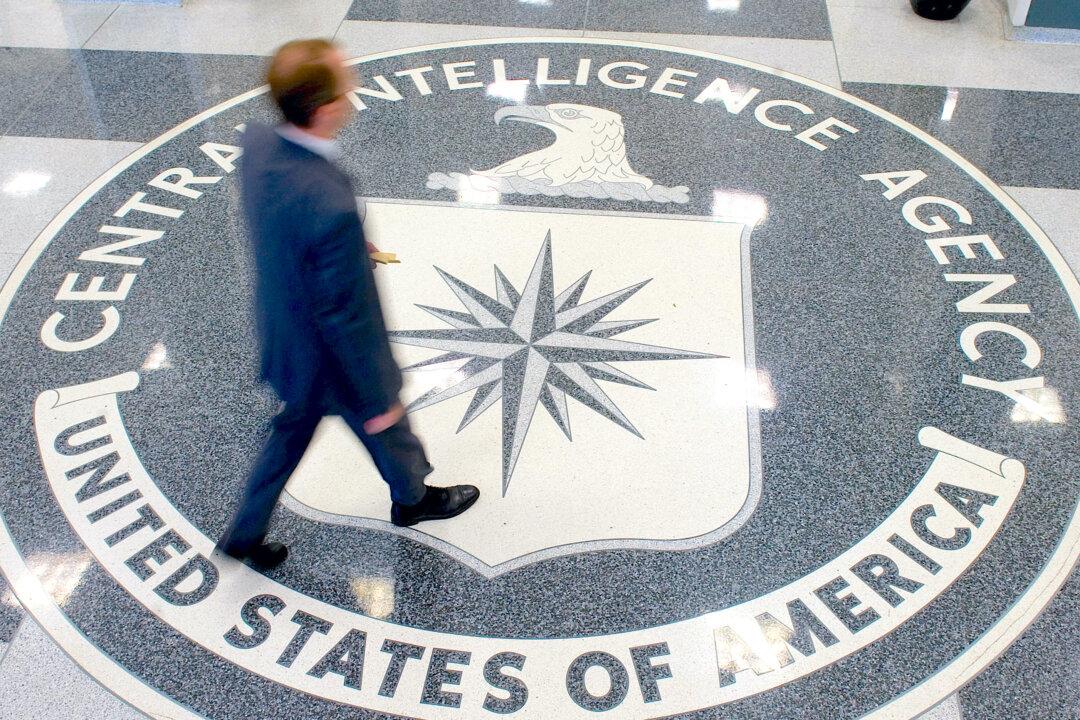Newly declassified documents reveal the Central Intelligence Agency’s previously secret bulk collection program and problems with how it searches and handles Americans’ information, according to Sens. Ron Wyden (D-Ore.) and Martin Heinrich (D-N.M.).
The two senators sent a letter (pdf) to top intelligence officials in April 2021 calling for more details about the program and for it to be declassified.




